Nautilus Institute’s Policy Forum‘s focus is on the timely publication of expert analysis and op-ed style pieces on the foremost of security-related issues to Northeast Asia. Its mission is to facilitate a multilateral flow of information among an international network of policy-makers, analysts, scholars, media, and readers. Policy Forum essays are typically from a wide range of expertise, political orientations, as well as geographic regions and seeks to present readers with opinions and analysis by experts on the issues as well as alternative voices not typically presented or heard. Feedback, comments, responses from Policy Forum readers are highly encouraged.
Policy Forum – Electric Chaiwallas

by Lalloobhoy Battiwala 1 April 2014 I. INTRODUCTION Kirk R. Smith wrote in an e-mail on his trip in Odisha, ’Another unforeseen revelation occurred on the trip, however. On the 3-hour drive back to the airport in the evening, the car driver pointed out to us that all the “chaiwallahs” (tea sellers) along the highway now […]
Go to the article“Mutual Probable Destruction”: Nuclear Next-Use in a Nuclear-Armed East Asia?
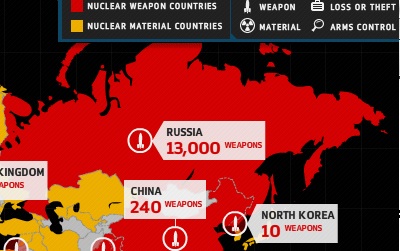
by Peter Hayes 14 May 2014 I. Introduction Peter Hayes, Director of Nautilus Institute, writes that John on-fat Wong’s 1982 dissertation, Security Requirements in Northeast Asia, provides an important corrective for shallow thinking that informs calls for South Korea and Japan to proliferate nuclear weapons to match those of North Korea or the existing nuclear weapons states in […]
Go to the articlePolicy Forum – Japan’s Energy Policy Impasse
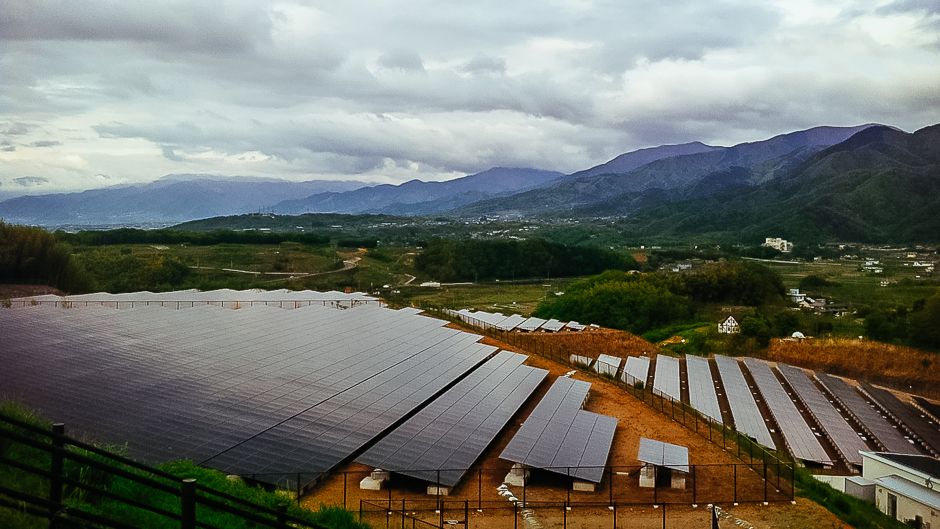
by Andrew DeWit 22 April 2014 Andrew DeWit is Professor in the School of Policy Studies at Rikkyo University and an Asia-Pacific Journal coordinator. With Iida Tetsunari and Kaneko Masaru, he is coauthor of “Fukushima and the Political Economy of Power Policy in Japan,” in Jeff Kingston (ed.) Natural Disaster and Nuclear Crisis in Japan.This […]
Go to the articleADIZ: a four letter word
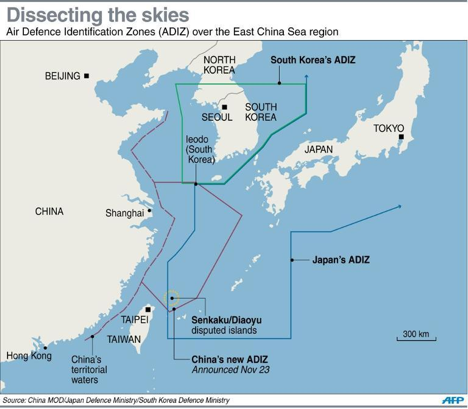
Roger Cavazos asserts that spring on the Korean peninsula is often associated with provocations. This spring …
Go to the articleA Red Hunt In October – For Pirates, Hooligans and Spies…

In this essay, Nikhil Desai criticizes the violent Russian attack on the Greenpeace ship and the subsequent pre-trial detention of 30 activists. He argues that if concerns of energy security are allowed to degenerate into hallucinations of dominating the Arctic and brutal treatment of non-violent civic action, Russia or other such countries cannot be held to be responsible members of the international community of law-abiding states. The most powerful man in the world may now also be the most dreadful.
Nikhil Desai is an energy and environmental economist now dividing his time between Washington, DC and Ahmedabad, India.
Go to the articleAdapting to the Present Day – A Good Substitute for Future Climate Change?

Saleem Janjua argues that despite the substantial indecisiveness over climatic projections and their impacts, we should start adapting to the present day on the basis of recent changes in the climate. By adapting to present conditions and understanding them we may be able to offset future climate change impacts. Various bottom-up approaches (vulnerability assessment, risk assessment, resilience) could be very helpful in understanding the vulnerability of a country to current climate change and the rationales of adaptation in the local context.
Saleem Janjua is the editor of AdaptNet and a Nautilus Institute Associate.
Go to the articleAtomic Insurance for Atomic Insecurities
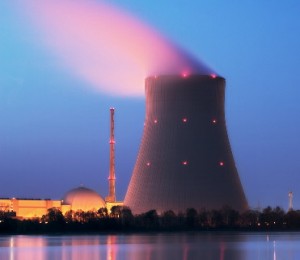
In this essay, Nikhil Desai explains the fears of anti-nuclear activists in India regarding its government’s alleged violation or weakening of the Indian law on civil nuclear liability as part of the Prime Minister’s visit to Washington, DC the weekend of 27th September 2013. He argues that the government’s opponents refuse to accept the reality of nuclear trade and operations, and should be more concerned about the institutional competence of India to manage the nuclear enterprises, civil or otherwise.
Nikhil Desai is an energy and environmental economist now dividing his time between Washington, DC and Ahmedabad, India. He is a Nautilus Institute Associate and a contributor to Nautilus’ Weekly Report.
Go to the articleNetworks for Climate Adaptation in South Asia
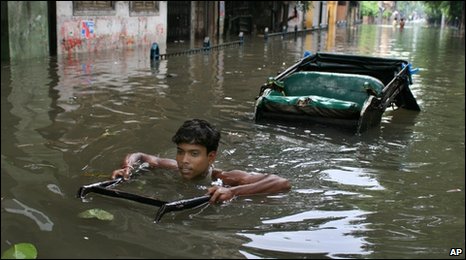
Saleem Janjua stresses the need for creation of some innovative climate adaptation networks amongst South Asian countries working on climate adaptation. Practitioners, researchers, and policy-makers from across the South Asian region will be able to collaboratively use such networks to share evidence-based understandings from which they can design solutions to the many problems that will face people and places in coping with climate change.
Saleem Janjua is a Nautilus Institute Associate, the editor of the Climate Change Adaptation bi-weekly report (ADAPTNet) and a contributor to Nautilus’ Weekly Report.
Go to the articleThinking About The Thinkable: DPRK Collapse Scenarios Redux

In the following Policy Forum Peter Hayes analyzes Preparing for the Possibility of a North Korean Collapse by RAND analyst Bruce Bennett. Hayes states “Bennett’s report is salutary reading and should be read widely, including in Pyongyang. Anyone who hopes (as against feels obliged to prepare) for DPRK collapse or who thinks that “bringing it on” is likely to incur less costs for the most vulnerable populations than transforming the DPRK inside-out as-fast-as-possible via engagement aimed at non-collapse should read chapter 3 on the horrendous humanitarian consequences of a collapse and possible war.”
Peter Hayes is Professor of International Relations, School of Global, Urban and Social Studies, Royal Melbourne Institute of Technology University, Australia and Director, Nautilus Institute.
Go to the articleO Divine Art of Subtlety and Secrecy in the Age of Nuclear Byzantine Generals

Peter Hayes writes: “Ultimately, commanders have to trust themselves, their staff, and their organization. But if …problem[s] reside in the nature of nuclear warfare itself, and the organizations are incapable of perfect implementation of nuclear strategy…then nuclear weapons are fatally flawed as a means of warfare…” Hayes quips, “Perhaps [we] should revise [the NRA] slogan: “Guns don’t kill people, people do” to: “Nuclear weapons don’t start nuclear wars; nuclear weapons organizational systems and people do.”
Peter Hayes is Professor of International Relations, School of Global, Urban and Social Studies, Royal Melbourne Institute of Technology University, Australia and Director, Nautilus Institute.
Go to the article
